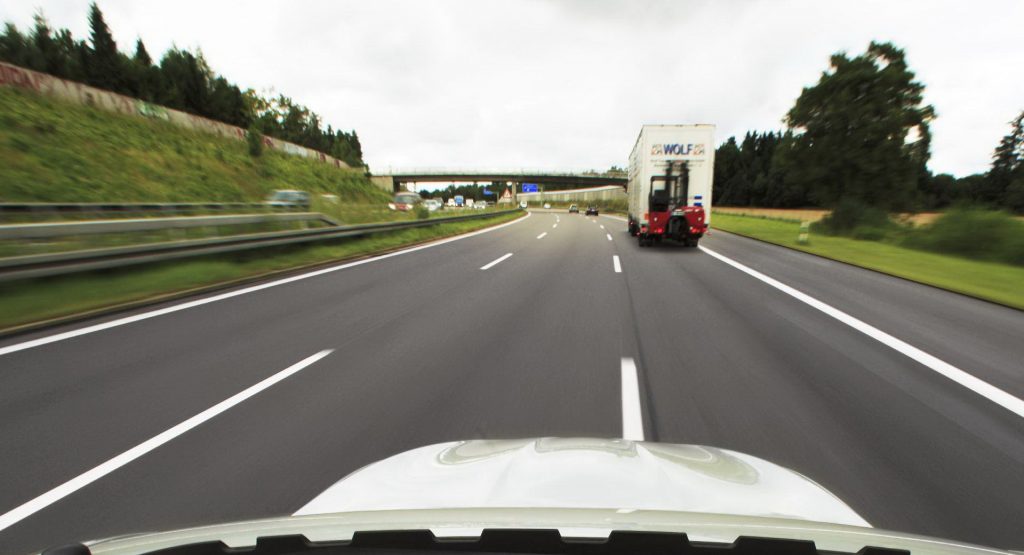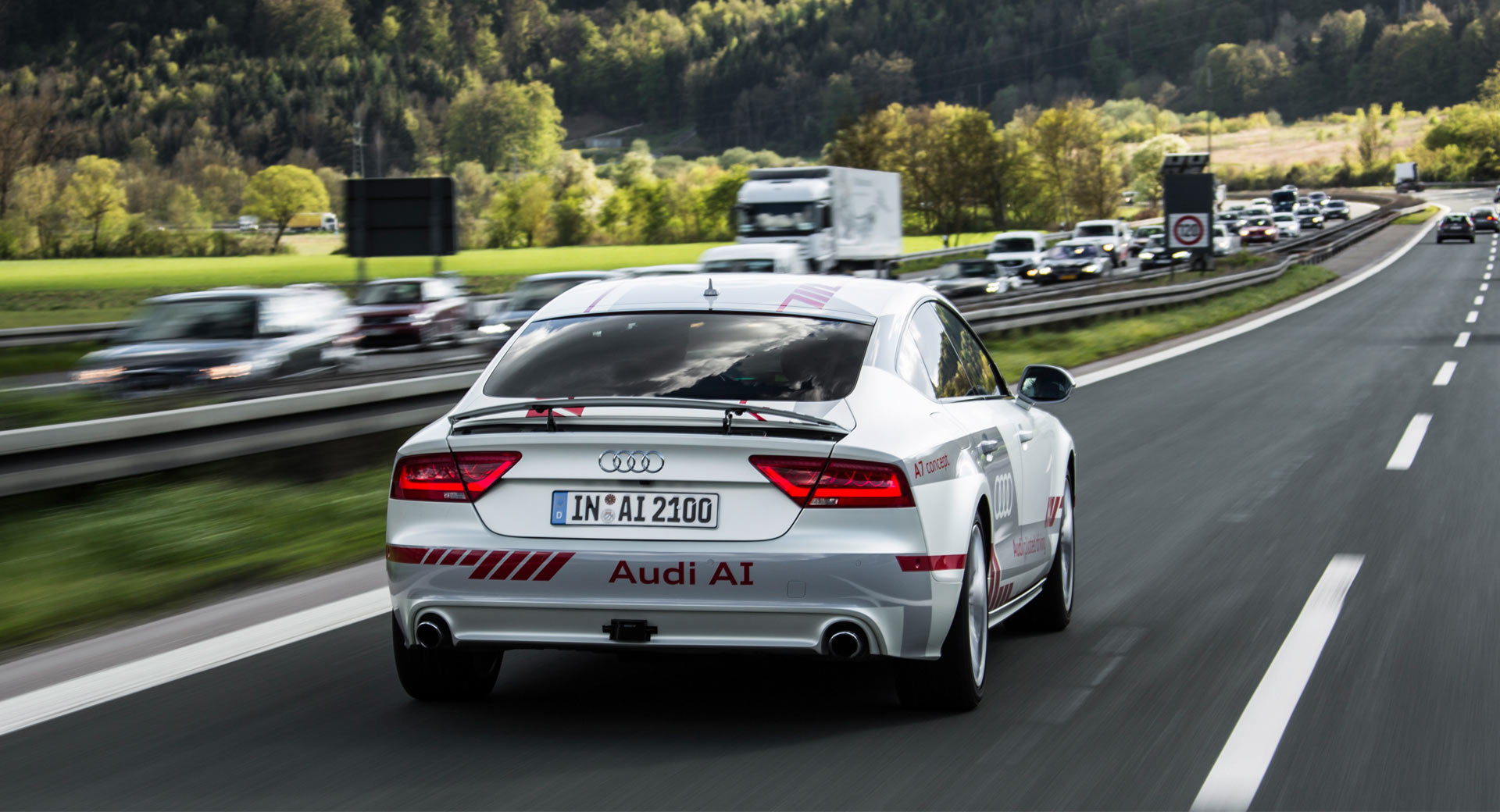The Dutch government is looking to cut the country’s speed limit to a maximum of 62 mph (100 km/h) nationwide, in order to reduce nitrogen oxide pollution, said Prime Minister Mark Rutte.
According to Dutch public broadcaster NOS, this measure will go into effect in 2020. However, the BBC is reporting that a limit of up to 80 mph (130 km/h) will still be permitted at night, which makes sense since night-time traffic is a lot less congested.
Drivers will reportedly be allowed to revert back to the current maximum between the hours of 19:00 and 06:00, although areas such as the congested Randstad centra-west belt (Amsterdam, Rotterdam, The Hague and Utrecht) will likely still face emissions problems, regardless of speed limit.
Related: German Parliament Rejects Proposal To Slap Speed Limits On Autobahn
“I’m happy we managed to work it out together in a decent way,” stated Prime Minister Rutte during an interview with reporters. He also described these measures as a “short-term package”.
Is 80 mph (100 km/h) too harsh?
By European standards, one could argue that it is, at least statistically. It would immediately give the Netherlands the lowest highway speed limit in Europe – on par with Cyprus, which of course has far fewer motorways.
The current limit of 80 mph (130 km/h) is actually the most common speed limit in Europe, with countries such as France, Germany, Italy, Denmark, Greece, Hungary, Romania, Croatia and quite a few others sticking to it. UK drivers however have to adhere to a 70 mph (112 km/h) limit on motorways, while in Spain that number is 75 mph (120 km/h).








